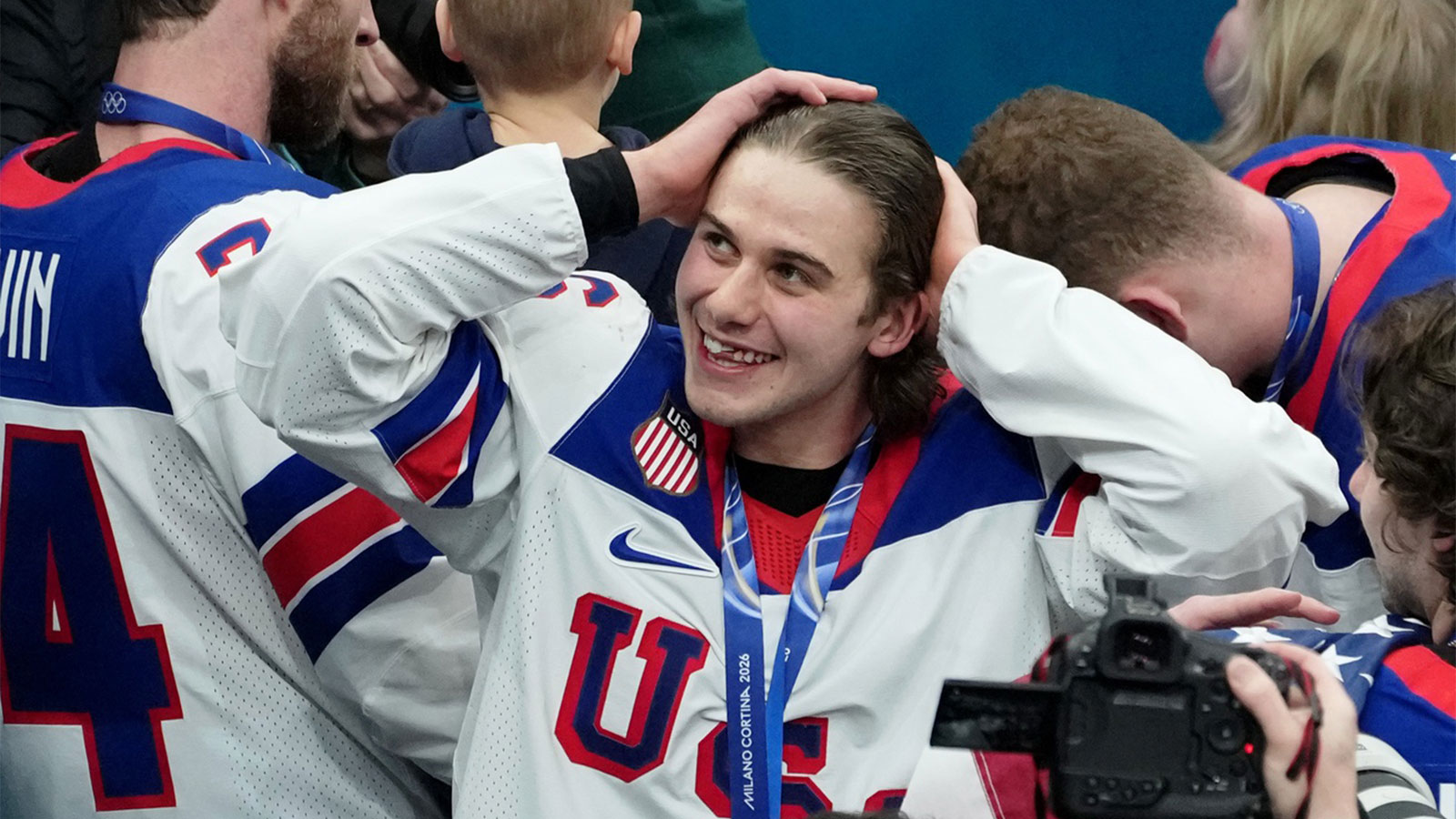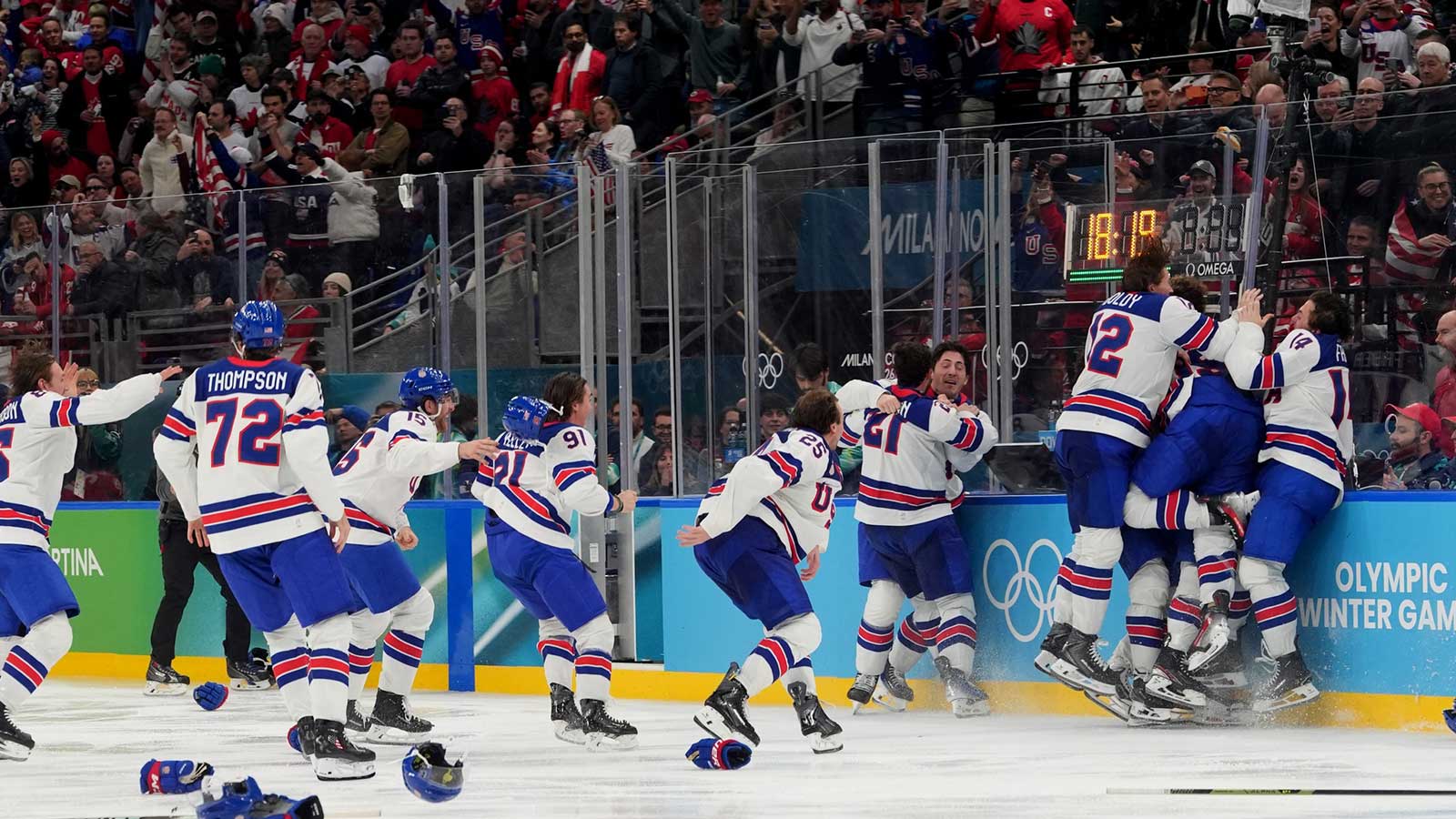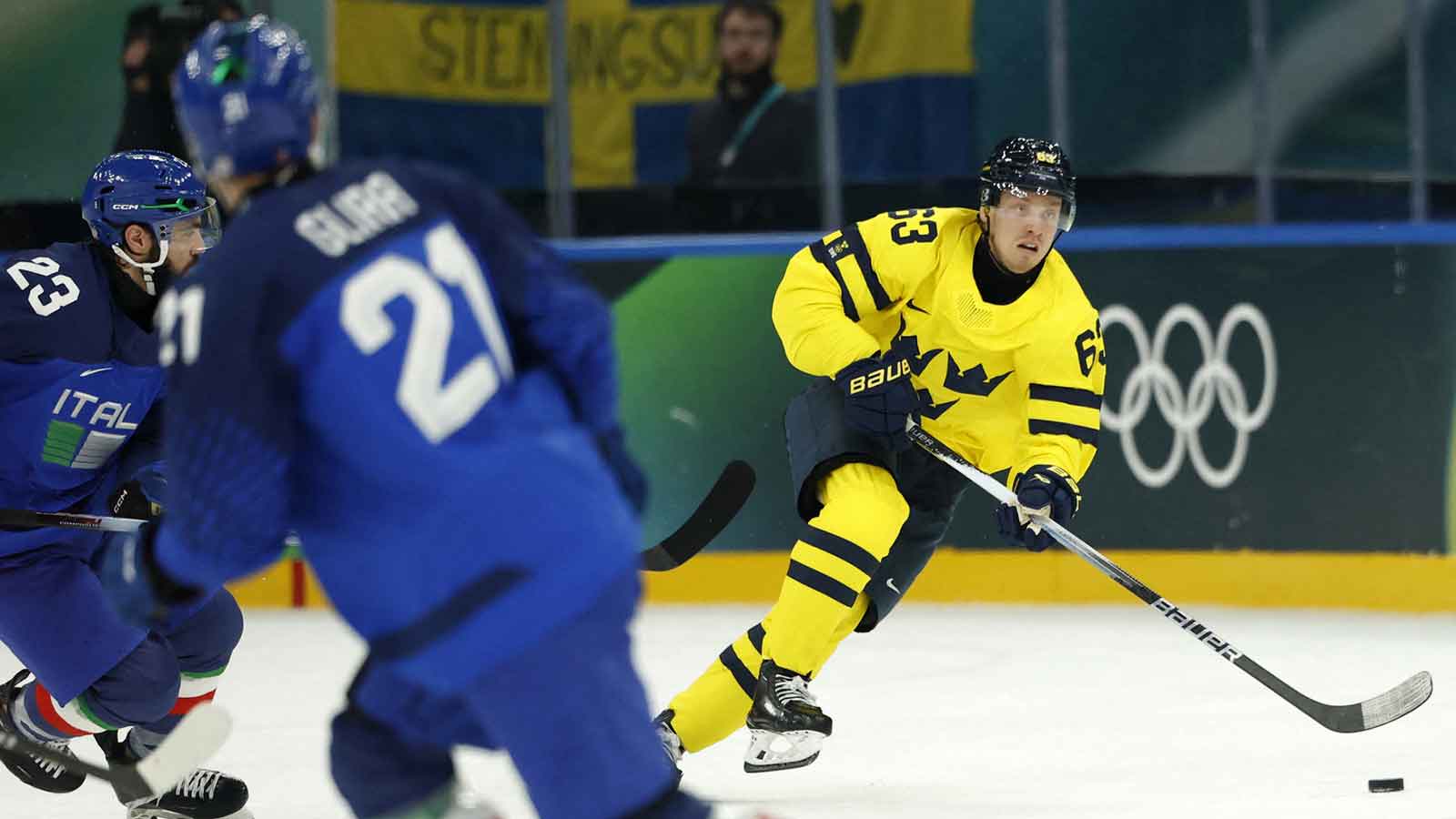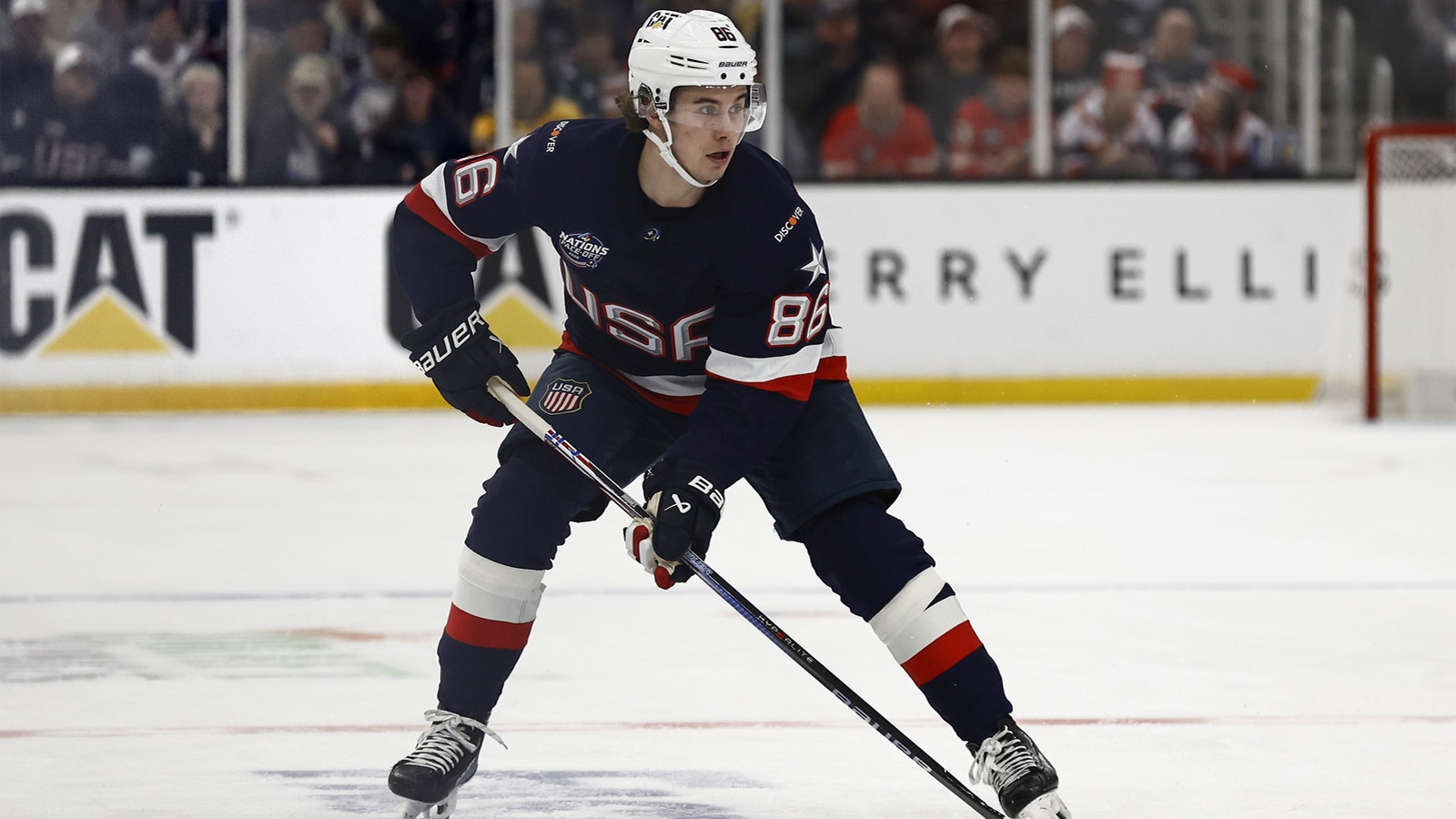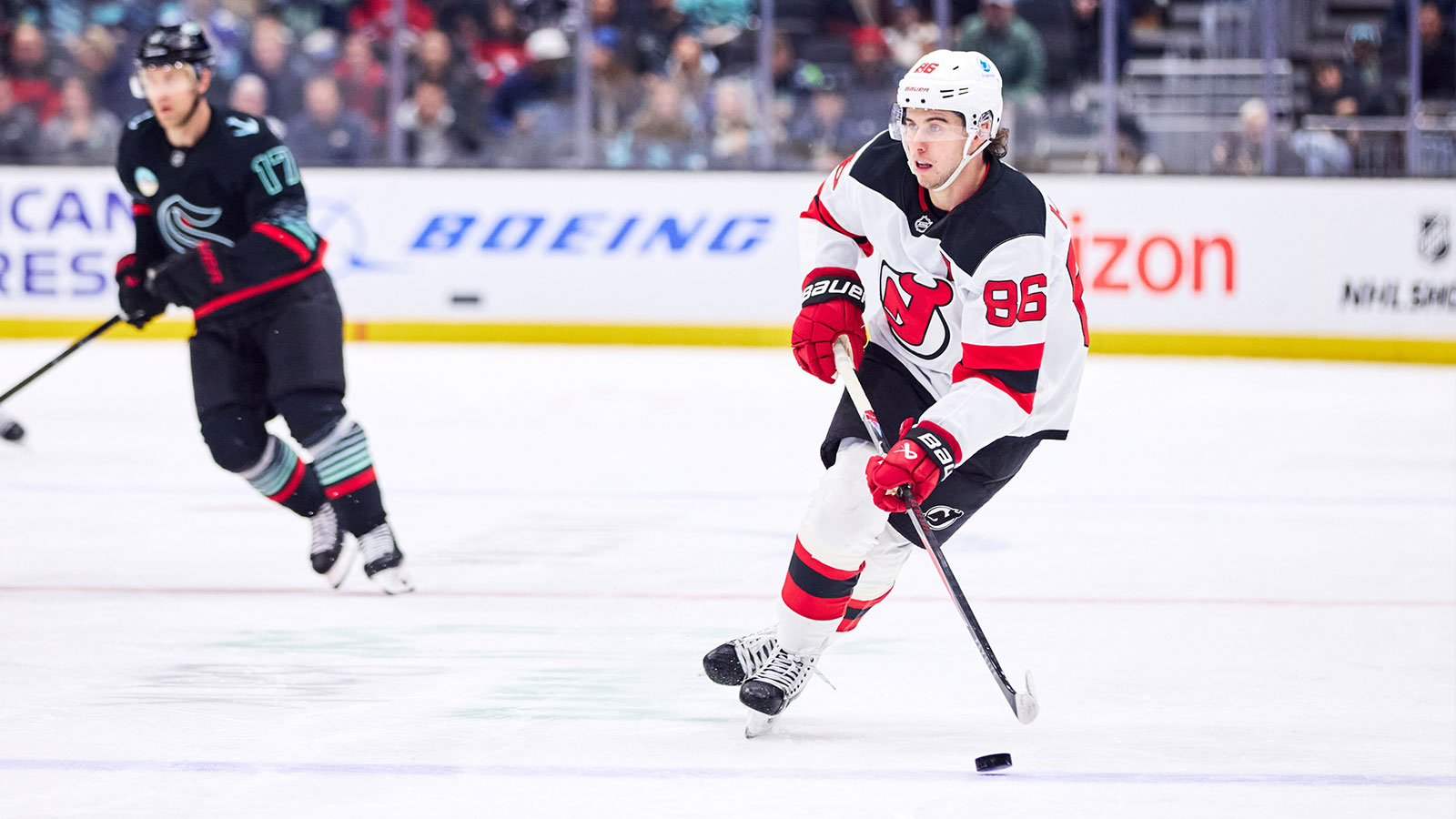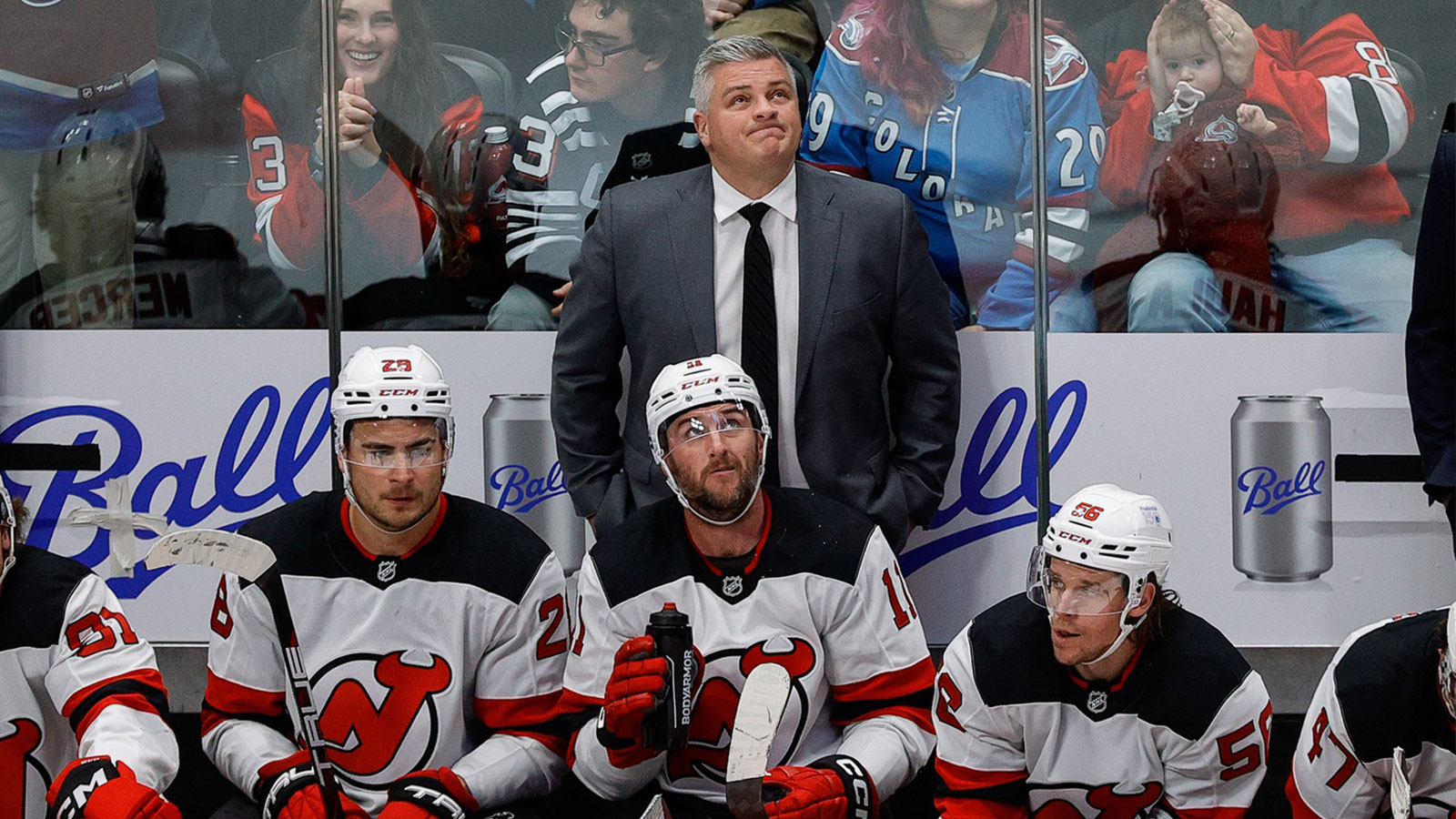The New Jersey Devils‘ breakout season came to a bitter end with a 3-2 overtime loss to the Carolina Hurricanes in Game 5 of their second-round series, giving the Hurricanes a 4-1 series win.
New Jersey shattered all expectations this season, with its 49-point increase from last season tying an NHL record. With players like Jack Hughes emerging as stars, the Devils had their best regular season ever with 112 points. Things looked dire after they fell behind 2-0 in their first-round series against the rival New York Rangers, but they showed their resolve and stormed back to win the series in seven.
However, the series against the Hurricanes showed that the Devils still have work to do (and that I'm really bad at making predictions). Carolina was the far better team for most of the series, with three of its four wins coming in blowouts. Even with Game 5 being close, the Hurricanes still controlled play throughout the third period and overtime.
There are many reasons why the Devils lost this series, but these are three of the most crucial blunders.
3. Ineffective Power Play
Special teams are hugely important in the Stanley Cup Playoffs, and New Jersey's weren't good enough to win this series. The Devils' penalty kill was pretty good at 10-for-12 (83%) with a shorthanded goal, but their power play was dreadful.
The Devils' power play success rate was the same as the Hurricanes', 2-for-12 (16.7%). The difference is that the Devils allowed three shorthanded goals, so their net power play percentage was in the negative. Granted, all three of those goals happened in Game 3, which New Jersey won handily 8-4, so it could've been worse. However, the Devils' inability to take advantage of their opportunities cost them dearly in this series.
This issue didn't just pop up in this series, though. The Devils had an identical power play percentage in Round 1 against the Rangers, going 4-for-24. The Hurricanes have also locked down the Devils' power play all season. During the regular season, Carolina outscored New Jersey 7-2 while the Devils had the man advantage.
2. Poor Defense and Goaltending
The Devils struggled to contain the Rangers early in their first-round series until an unlikely hero emerged. Rookie goaltender Akira Schmid took the reins from Vitek Vanecek in Game 3 and stopped 135 of 142 shots he faced for a .950 save percentage. He looked shaky with five goals allowed in Game 6 but was terrific for the other four games he started. With the Devils' defense in front of him also improving as the series went on, Schmid spearheaded the Devils' comeback.
Unfortunately for New Jersey, no such hero came to the rescue this time. The Devils started Schmid in the first two games but pulled him in both. Vanecek then started Games 3 and 4 but was also removed in the latter. Schmid then started Game 5, and while he played valiantly with 36 saves on 39 shots, it was too little, too late.
Of course, the goaltenders can't get all the blame when the defense in front of them didn't hold up. New Jersey was far too turnover-prone in this series, with 71 giveaways to Carolina's 41. The low point came in Game 4, when the Devils committed 26 giveaways and only forced two of their own. Prime Martin Brodeur could've been in net, and it still wouldn't have mattered with how often the Devils turned the puck over.
1. Inability to Control the Pace of Play
For this point to make sense, it's essential to understand the difference in play style between these teams. New Jersey likes to play a fast-paced game with a deadly attack off the rush, while Carolina prefers a slower style and scores most of its goals on sustained pressure. Going into this series, it was clear that whichever team could control the pace would have the edge.
The Hurricanes were the ones controlling the pace for most of the series. The Devils rarely got any odd-man rushes in their favor and struggled to get a score due to it. Meanwhile, the Hurricanes looked far more comfortable because they were able to keep the puck in the offensive zone and play to their strengths.
It goes to show how important it is to be able to thrive in different kinds of games. To reach the level of true contender, the Devils must also be able to do this.









